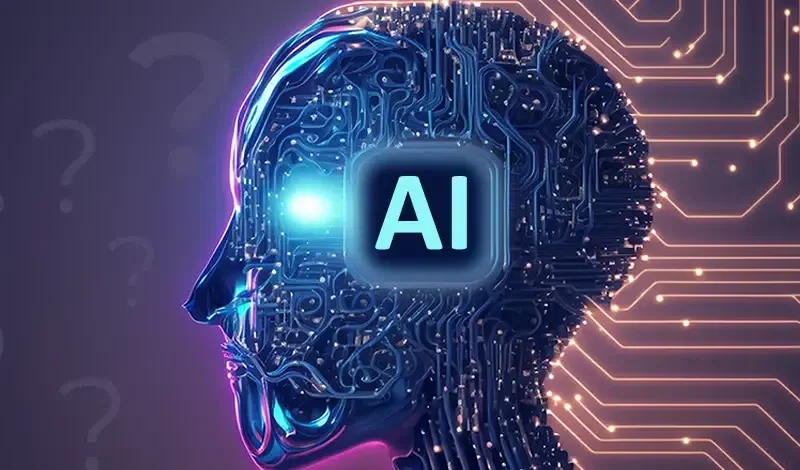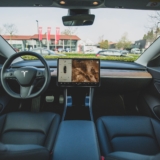AI’s Looming Threat: The Job Market on the Brink of Disruption
Artificial intelligence is no longer just a distant concern—it’s already reshaping the job market in ways that are sending shockwaves across the globe. A new index from the Inter-American Development Bank sheds light on the staggering impact AI will have on employment, with millions of jobs in the United States and Mexico at risk in the very near future. According to this innovative AI-Generated Index of Occupational Exposure, 43 million jobs in the U.S. and 16 million in Mexico will be affected within just one year. In five years, those numbers balloon to 60 and 22 million, respectively. Over the next decade, AI will disrupt a jaw-dropping 70 million jobs in the U.S. and 26 million in Mexico.
The numbers paint a grim picture for workers in over 750 professions analyzed by the index. Unlike traditional surveys, which are slow and expensive to conduct, the AI-powered index processes large data sets with lightning speed, offering a clearer view of how automation will shift the employment landscape. And the news is anything but reassuring. Globally, 980 million jobs will feel AI’s influence within the year, which translates to 28% of the world’s workforce. In five years, that figure will rise to 38%, and in 10 years, nearly half of all jobs globally—44%—will be affected.
This is not just an abstract threat; it’s a ticking time bomb for workers across industries. From white-collar professions to blue-collar jobs, AI’s capacity to perform tasks traditionally done by humans is now more efficient, accurate, and less costly. The scale of this transformation could lead to economic upheaval and a widening gap between those who can adapt and those left behind.
While the rise of AI brings potential for new job creation in emerging sectors, the speed and scale at which it will eliminate or reshape existing roles demand urgent attention. Governments and industries need to respond swiftly with policies that prepare the workforce for the monumental changes ahead. If not, AI’s promise of efficiency could come at a devastating cost to millions of workers worldwide.






